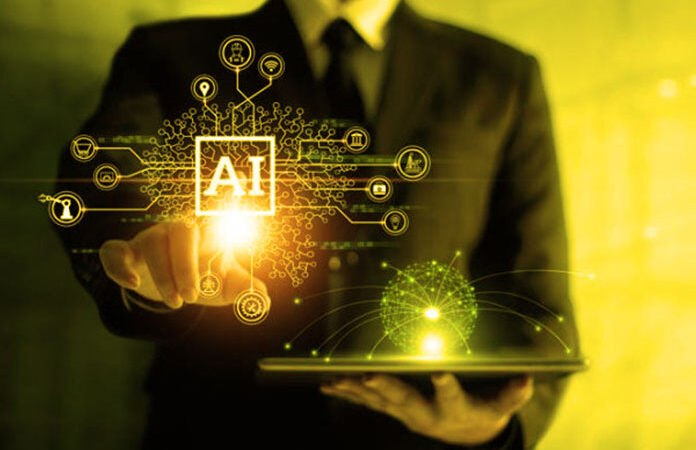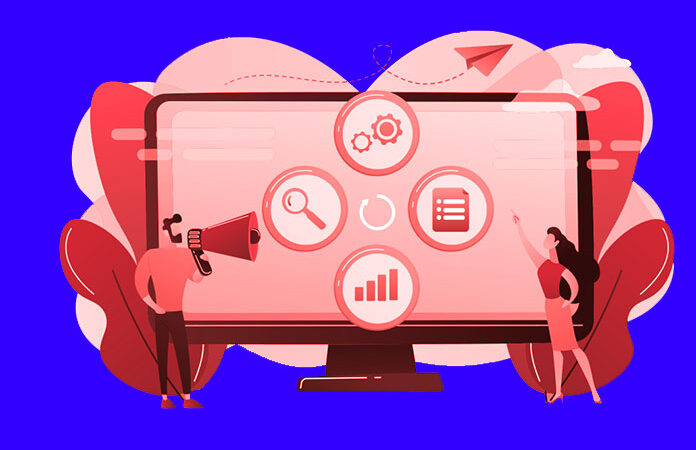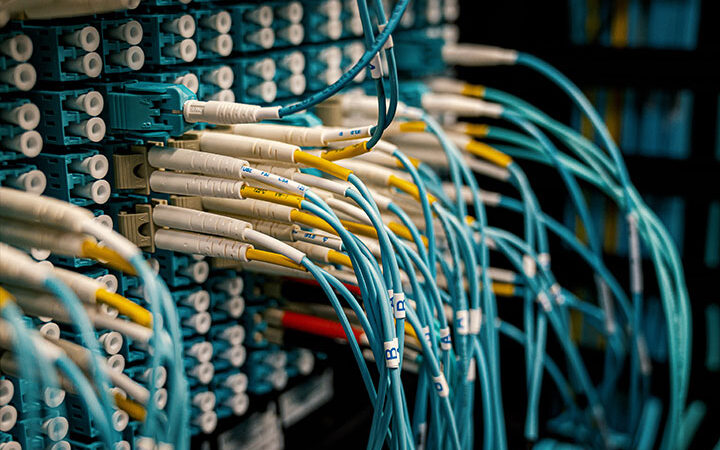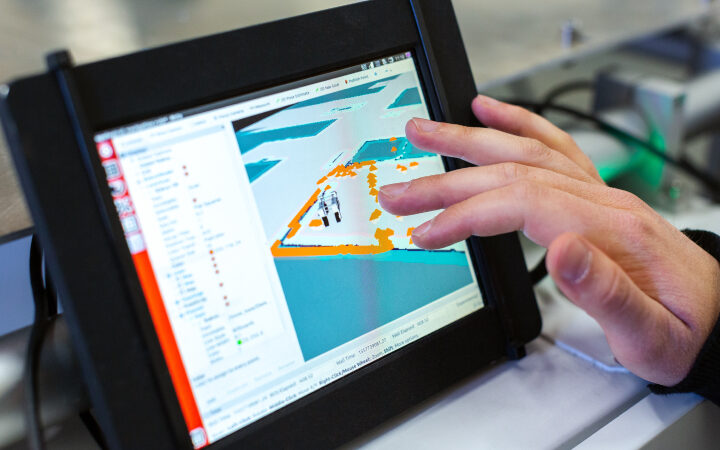What is Artificial Intelligence, and what are its key components

- Artificial intelligence is a computer system or software that can act like humans.
-For example, an AI chess program has no knowledge of how individual pieces move but relies on algorithms designed by programmers who do know how they move. This program will then eliminate moves based on what it knows about how pieces interact with each other, making moves that allow its queen to be defended while simultaneously attacking the opponent’s unprotected king. - There are two types of components in creating an intelligent machine: knowledge and methods. The knowledge component is the data that the machine will use to make decisions, while the methods component is what tells the machine how to use its knowledge. Together, these components form an artificial intelligence system.
- There are a few key areas in which artificial intelligence can be used to help humans: natural language processing, decision making, and image recognition. In each of these cases, AI can be used to augment or even replace human capabilities. For example, Google Translate uses artificial intelligence algorithms to translate text between multiple languages. By doing so, it can provide translations much faster and more accurately than a human translator could.
- Artificial intelligence has also been shown to be effective in helping humans make better decisions.
How has artificial intelligence been developed over the years, and where is it headed in the future?
Just like any other field of study, the development of artificial intelligence has been marked by a number of milestones. One of the earliest instances was in 1956 when John McCarthy coined the term “artificial intelligence” and organized the Dartmouth Conference – an event that is widely regarded as the birthplace of AI.
Since then, there have been countless advances in both theoretical and practical applications of AI. In particular, over the past few years, there has been a surge in interest surrounding machine learning and deep learning – two subsets of AI that deal with teaching machines how to learn from data and make decisions accordingly.
Also Read: New Applications Of Artificial Intelligence
How is artificial intelligence being used currently, and what are some potential applications for the future?
Some of the key areas where artificial intelligence has a major role to play include:
- In healthcare, both for patients and professionals. Digital health assistants are being used to help doctors diagnose illness or injuries more accurately or conduct drug research. Patients can use digital health apps to manage chronic conditions such as diabetes. Wearable technology feeds data into AI systems that monitor symptoms and recommend lifestyle changes when required;
- Education is another area where AI is playing an increasingly important part. For example, there are voice recognition tools capable of correcting accents while language learners practice pronunciation skills. There’s also machine learning software that can analyze student performance on quizzes and tests to predict what they will do next based on past behavior.
What ethical considerations are there with artificial intelligence, and how should they be addressed?
The ethical considerations with artificial intelligence are vast and varied. Some of the most pressing issues include how much control should AIs have over humans, what happens when AIs become smarter than humans, and how to ensure that algorithms do not perpetuate existing biases. Many of these questions are still being hashed out, and it will likely be many years before any sort of consensus is reached. In the meantime, it is important that we continue to discuss these issues and work towards finding solutions that are fair for everyone involved.
AIs have already begun to play a role in our lives, and as they become more sophisticated, their impact will only increase. It is therefore essential that we take into account all the potential implications of artificial intelligence and how it might affect society as a whole. We also need to consider what ethical questions may arise from this technology being used in ways that have not yet been imagined or discussed publicly, such as controlling drones or even making decisions about human life.
How stands to benefit from artificial intelligence development, and who could be harmed by it?
There is no one-size-fits-all answer to this question, as the benefits and harms of artificial intelligence will vary from industry to industry and country to country. However, some experts have suggested that artificial intelligence could benefit wealthy people and large companies more than it does poorer people or small businesses. Additionally, there is a risk that artificial intelligence could be used to automate certain jobs, putting people out of work. As with all new technologies, it is important to weigh the pros and cons carefully before making any decisions about whether or not to embrace artificial intelligence.
Also Read: How Artificial Intelligence is Affecting Cyber Security






